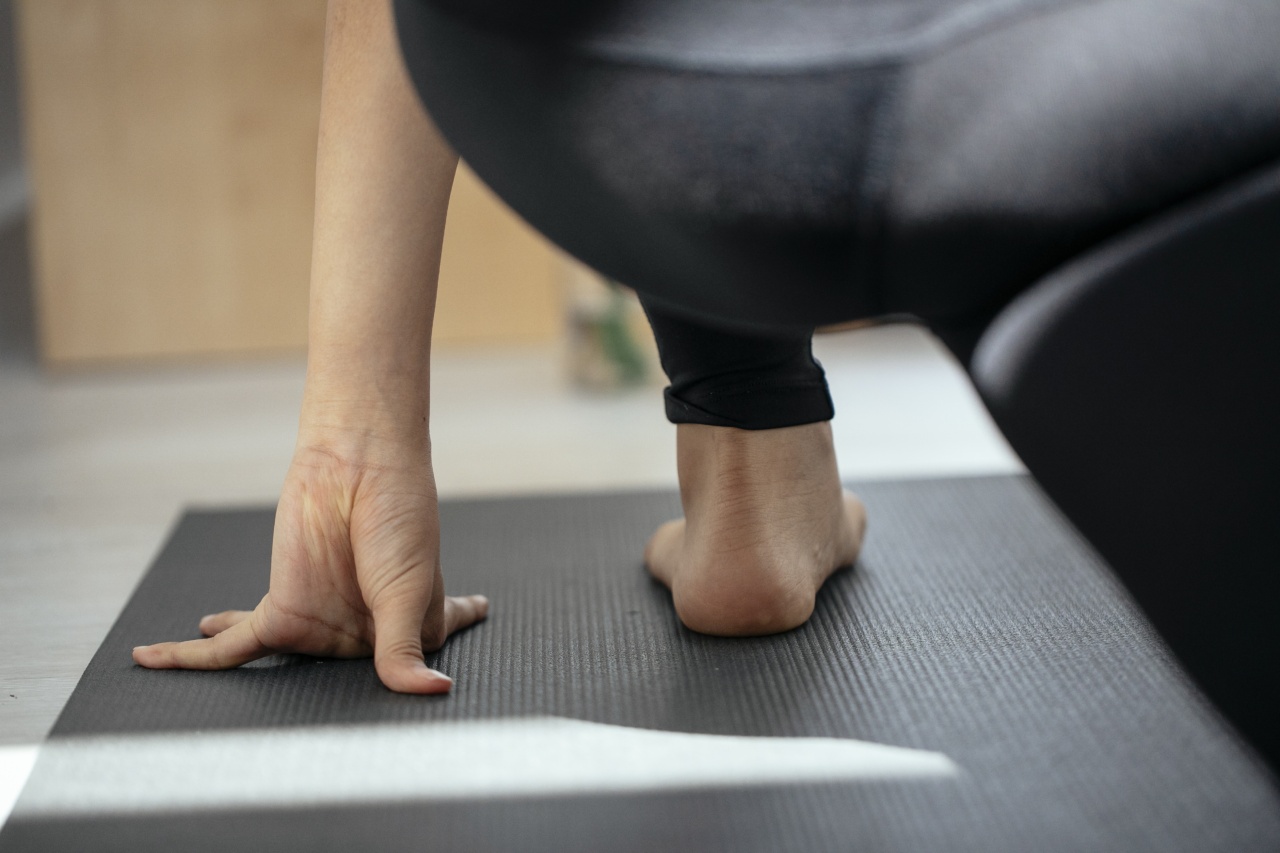Irritable Bowel Syndrome (IBS) is a common gastrointestinal disorder that affects millions of people worldwide. Characterized by abdominal pain, bloating, and changes in bowel habits, IBS can significantly impact an individual’s quality of life.
While the exact cause of IBS remains unknown, researchers believe that multiple factors, including diet, stress, and gut dysbiosis, can contribute to its development. In this article, we will explore a holistic approach to relieving IBS symptoms, focusing on lifestyle modifications, dietary changes, stress management, and complementary therapies.
Lifestyle Modifications for IBS Relief
Making certain lifestyle modifications can help alleviate IBS symptoms and improve overall well-being. Here are some essential tips to consider:.
1. Regular Exercise
Engaging in regular physical activity, such as walking, jogging, or yoga, can improve digestion and reduce stress levels. Aim for at least 30 minutes of exercise most days of the week.
2. Proper Stress Management
High levels of stress can trigger or worsen IBS symptoms. Implement stress management techniques like meditation, deep breathing exercises, or mindfulness practices to help regulate stress responses.
3. Sufficient Sleep
Getting adequate sleep is crucial for overall health and can positively impact IBS symptoms. Ensure you have a regular sleep routine and aim for around seven to eight hours of quality sleep each night.
Dietary Changes to Manage IBS Symptoms
Incorporating specific dietary changes can greatly assist in managing IBS symptoms. While triggers vary from person to person, the following tips can provide relief in many cases:.
1. Low-FODMAP Diet
A Low-FODMAP (Fermentable Oligosaccharides, Disaccharides, Monosaccharides, and Polyols) diet involves avoiding certain carbohydrates that are poorly absorbed by the intestines. It can provide significant symptom relief for many IBS sufferers.
Consult a registered dietitian to guide you through the elimination and reintroduction phases of this diet.
2. Increase Fiber Intake
Gradually increasing dietary fiber can help regulate bowel movements and alleviate constipation or diarrhea associated with IBS. Focus on soluble fibers found in fruits, vegetables, and oats as they are gentle on the digestive system.
3. Probiotics
Adding probiotics to your diet can help restore the balance of gut bacteria, which may be disrupted in individuals with IBS. Yogurt, kefir, sauerkraut, and other fermented foods are excellent sources of probiotics.
Managing Stress for IBS Relief
Stress management plays a vital role in reducing IBS symptoms. Here are some effective strategies to consider:.
1. Mind-Body Therapies
Practices such as yoga, meditation, and tai chi promote relaxation and stress reduction. Incorporating these mind-body therapies into your routine can provide significant relief from IBS symptoms.
2. Cognitive Behavioral Therapy
Cognitive Behavioral Therapy (CBT) is a type of psychotherapy that helps individuals identify and modify negative thought patterns and behaviors. It has been found to be useful in managing IBS symptoms, especially those related to stress and anxiety.
Complementary Therapies for IBS Symptom Relief
Several complementary therapies have shown promise in alleviating IBS symptoms. While research is ongoing, the following approaches have gained attention for their potential benefits:.
1. Acupuncture
Acupuncture, a traditional Chinese medicine practice, involves inserting thin needles into specific points on the body. It is thought to promote balance and restore energy flow.
Some studies suggest that acupuncture may help reduce IBS symptoms, although more research is needed.
2. Herbal Supplements
Certain herbs, such as peppermint oil, fennel, and ginger, have been traditionally used to ease digestive discomfort. These herbal supplements can provide relief from IBS symptoms in some individuals.
However, it is important to consult with a healthcare professional before starting any herbal remedies.
Conclusion
Taking a holistic approach to managing IBS symptoms can lead to significant relief and an improved quality of life.
By incorporating lifestyle modifications, dietary changes, and stress management strategies, individuals with IBS can gain better control over their condition. Remember to consult with healthcare professionals, such as registered dietitians or therapists, for personalized guidance. With patience and persistence, finding relief from IBS is possible.































